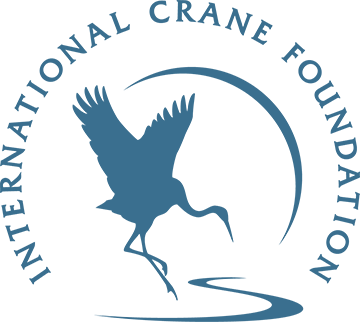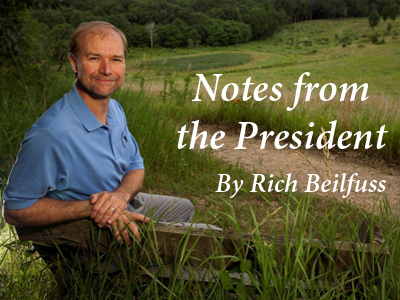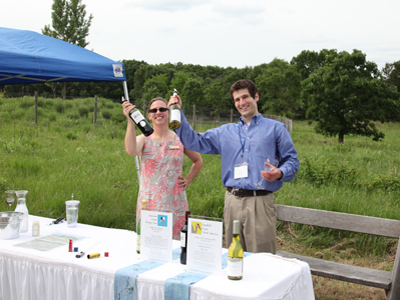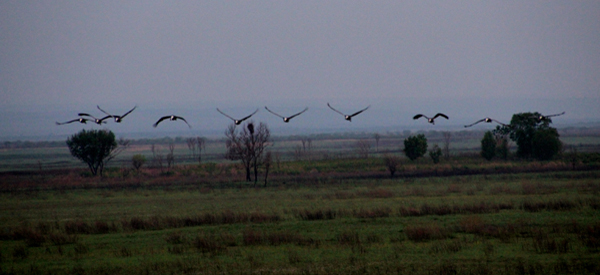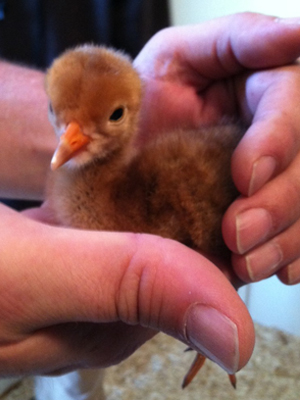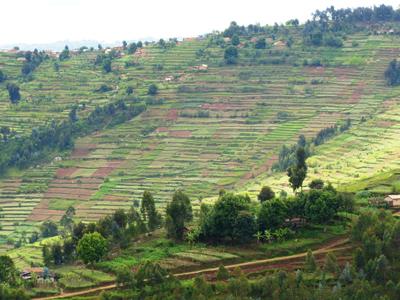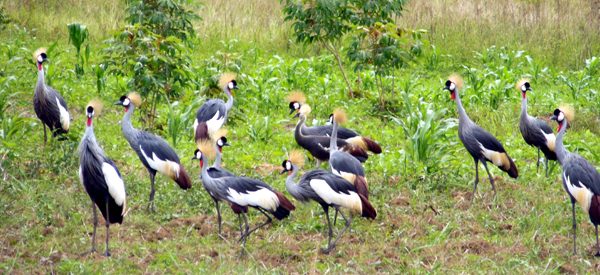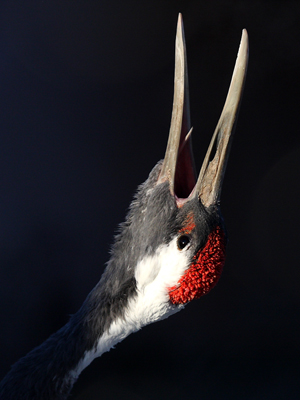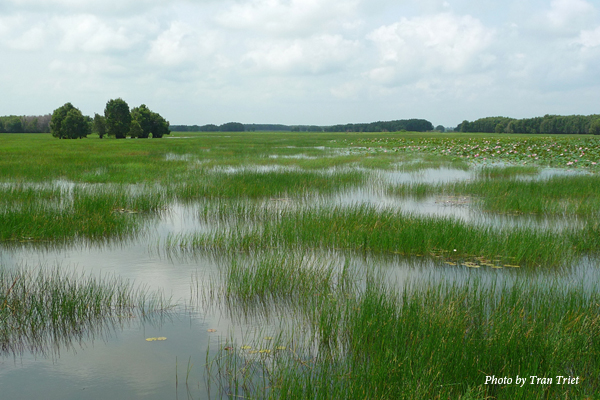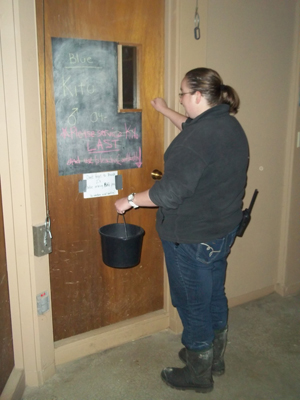 This past February, Wisconsin legislators introduced an assembly bill that would authorize the hunting of Sandhill Cranes in Wisconsin. The bill was defended as a necessary measure to reduce crop depredation caused by Sandhill Cranes, and to enable farmers to apply for wildlife damage abatement assistance and claim payments.
This past February, Wisconsin legislators introduced an assembly bill that would authorize the hunting of Sandhill Cranes in Wisconsin. The bill was defended as a necessary measure to reduce crop depredation caused by Sandhill Cranes, and to enable farmers to apply for wildlife damage abatement assistance and claim payments.
Results for "Seguros para auto en New Mexico llama ahora al 888-430-8975 Seguros de coche ofertas Carro seguro Asegurar auto online Seguros de autos baratos Las aseguradoras Seguro todo riesgo carro"
Spend a Summer Evening with the Cranes
 Enjoy a summer evening outdoors with gourmet food, friends and some of the rarest birds on earth. On Saturday, June 23 from 5 – 8 PM the International Crane Foundation (ICF), located on Shady Lane Road between Baraboo and Wisconsin Dells, will be hosting its 3rd Evening with the Cranes to kick off the summer season and to raise awareness about the conservation work ICF is accomplishing around the world.
Enjoy a summer evening outdoors with gourmet food, friends and some of the rarest birds on earth. On Saturday, June 23 from 5 – 8 PM the International Crane Foundation (ICF), located on Shady Lane Road between Baraboo and Wisconsin Dells, will be hosting its 3rd Evening with the Cranes to kick off the summer season and to raise awareness about the conservation work ICF is accomplishing around the world.
Travels in Muraviovka Park
 In early June as the sun peeped over the horizon about 6:00 a.m. to brighten the distant hills of China, White-naped Cranes lifted from the early morning mists that often cover the great marshes of Russia’s Muraviovka Park. They flew silently into the light to reach a last year wheat field on the elevated terrace near the headquarters of the Park, to feed on leftover grain.
In early June as the sun peeped over the horizon about 6:00 a.m. to brighten the distant hills of China, White-naped Cranes lifted from the early morning mists that often cover the great marshes of Russia’s Muraviovka Park. They flew silently into the light to reach a last year wheat field on the elevated terrace near the headquarters of the Park, to feed on leftover grain.
Hooded Crane Hatches at ICF
 In late April two staff from the Denver Zoo visited ICF to receive hands-on training in breeding techniques that we use with our cranes. The staff returned to Denver with new skills that they can hopefully use next season to produce fertile crane eggs (their birds are already responding well to the techniques learned here at ICF) AND with two fertile Hooded Crane eggs from ICF for their collection.
In late April two staff from the Denver Zoo visited ICF to receive hands-on training in breeding techniques that we use with our cranes. The staff returned to Denver with new skills that they can hopefully use next season to produce fertile crane eggs (their birds are already responding well to the techniques learned here at ICF) AND with two fertile Hooded Crane eggs from ICF for their collection.
A New Dawn in Rwanda
 As Kerryn Morrison, ICF’s African Crane Conservation Program Manager, and I drove across the border from Uganda, I was thrilled to experience Rwanda for the first time. Rwanda is the 20th Africa country I have worked in for ICF, and I take joy in learning about the unique cultural, political, and ecological characteristics of each country I visit. Rwanda is no exception.
As Kerryn Morrison, ICF’s African Crane Conservation Program Manager, and I drove across the border from Uganda, I was thrilled to experience Rwanda for the first time. Rwanda is the 20th Africa country I have worked in for ICF, and I take joy in learning about the unique cultural, political, and ecological characteristics of each country I visit. Rwanda is no exception.
Local Communities Protect Crane Wetlands in Uganda
 ICF President Dr. Rich Beilfuss recently returned from a three-week field visit to advance ICF’s Africa Program in three important “crane countries” — Uganda, Rwanda, and Zambia. Following are his field notes from Uganda, detailing the community-based efforts to protect the remaining Grey Crowned Cranes and their habitats in this country.
ICF President Dr. Rich Beilfuss recently returned from a three-week field visit to advance ICF’s Africa Program in three important “crane countries” — Uganda, Rwanda, and Zambia. Following are his field notes from Uganda, detailing the community-based efforts to protect the remaining Grey Crowned Cranes and their habitats in this country.
Whooping Crane Shot in South Dakota
 ICF is saddened to report on the fatal shooting of a Whooping Crane in South Dakota. The migrating adult crane was from the Aransas/Wood Buffalo population and was traveling with two Whooping Cranes when it was shot with a rifle while standing in a corn field. Law enforcement officers with the U.S. Fish & Wildlife Service (FWS) and the South Dakota Department of Game, Fish and Parks are investigating the shooting which took place on April 20, 2012.
ICF is saddened to report on the fatal shooting of a Whooping Crane in South Dakota. The migrating adult crane was from the Aransas/Wood Buffalo population and was traveling with two Whooping Cranes when it was shot with a rifle while standing in a corn field. Law enforcement officers with the U.S. Fish & Wildlife Service (FWS) and the South Dakota Department of Game, Fish and Parks are investigating the shooting which took place on April 20, 2012.
Opening Day!
 On Sunday, April 15th the International Crane Foundation (ICF) officially opens to visitors and our performers (the cranes) are dusting off their feathers, dancing and bugling to get ready.
On Sunday, April 15th the International Crane Foundation (ICF) officially opens to visitors and our performers (the cranes) are dusting off their feathers, dancing and bugling to get ready.
Sarus Crane Wintering Area Wetland of International Importance
 For more than 25 years, ICF has been deeply involved in the establishment and management of what is now Tram Chim National Park, the largest wetland conservation area in the Mekong River Basin of Southeast Asia. Earlier this year, Tram Chim was designated a Wetland of International Importance through the Ramsar Convention, an international treaty for the conservation and wise use of wetlands.
For more than 25 years, ICF has been deeply involved in the establishment and management of what is now Tram Chim National Park, the largest wetland conservation area in the Mekong River Basin of Southeast Asia. Earlier this year, Tram Chim was designated a Wetland of International Importance through the Ramsar Convention, an international treaty for the conservation and wise use of wetlands.
Knock, knock…Who's there?
 Knock before entering… A common courtesy, for example, when visiting a friend or relative’s home. Believe it or not, this simple concept can also be applied as a training tool to help calm nervous birds. A ‘knock’ signals to a bird that an aviculturist will be entering to do something in their space. This ‘something’ can be any number of routine husbandry tasks: from checking food and water buckets, to entering the pen with a large bucket to clean. Sometimes, a knock may just mean someone is coming to look in at you and toss you a treat.
Knock before entering… A common courtesy, for example, when visiting a friend or relative’s home. Believe it or not, this simple concept can also be applied as a training tool to help calm nervous birds. A ‘knock’ signals to a bird that an aviculturist will be entering to do something in their space. This ‘something’ can be any number of routine husbandry tasks: from checking food and water buckets, to entering the pen with a large bucket to clean. Sometimes, a knock may just mean someone is coming to look in at you and toss you a treat.
